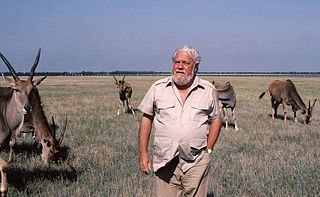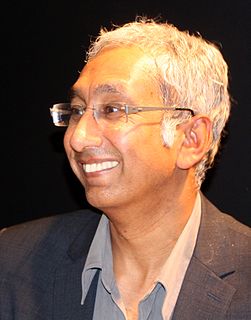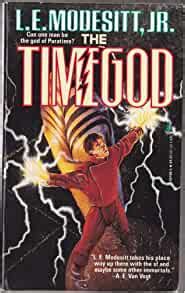A Quote by Friedrich August von Hayek
It seems to me that socialists today can preserve their position in academic economics merely by the pretense that the differences are entirely moral questions about which science cannot decide.
Related Quotes
I conclude that, while it is true that science cannot decide questions of value, that is because they cannot be intellectually decided at all, and lie outside the realm of truth and falsehood. Whatever knowledge is attainable, must be attained by scientific methods; and what science cannot discover, mankind cannot know.
I think historically modern economics, capitalist economics, tends to erode moral categories... And this is where I think the right gets capitalism wrong. They kind of assume that there is a moral equivalence or moral valence to capitalism, but I tend to think that economics erodes all the kind of cultural taboos and inhibitions and values it comes into contact with.
This example illustrates the differences in the effects which may be produced by research in pure or applied science. A research on the lines of applied science would doubtless have led to improvement and development of the older methods - the research in pure science has given us an entirely new and much more powerful method. In fact, research in applied science leads to reforms, research in pure science leads to revolutions, and revolutions, whether political or industrial, are exceedingly profitable things if you are on the winning side.
You cannot begin to preserve any species of animal unless you preserve the habitat in which it dwells. Disturb or destroy that habitat and you will exterminate the species as surely as if you had shot it. So conservation means that we have to preserve forest and grassland, river and lake, even the sea itself. This is vital not only for the preservation of animal life generally, but for the future existence of man himself - a point that seems to escape many people.
Moral questions may not have objective answers-whether revealed by God or by science-but they do have rational ones, answers rooted in a rationality that emerges out of social need. That rationality can only be discovered through exercising the human potential for rational dialogue, the potential for thinking about the world, and for discussing, debating and persuading others. Values can never be entirely wrenched apart from facts; but neither can they be collapsed into facts. It is the existence of humans as moral agents that allows us to act as the bridge between facts and values.
Science will always raise philosophical questions like, is any scientific theory or model correct? How do we know? Are unobserved things real? etc. and it seems to me of great importance that these questions are not just left to scientists, but that there are thinkers who make it their business to think as clearly and slowly about these questions as it is possible to. Great scientists do not always make the best philosophers.
My mother and my father taught me to look at the actual problem, not the face of it, not the veneer of it. So for me, I was never - I was impressed that it - racially, I was impressed, right, but now in America it's about economics, and it's been about economics, and honestly, everything's been about economics since I don't want to say the beginning of time, but it's been about economics for a long while.




































